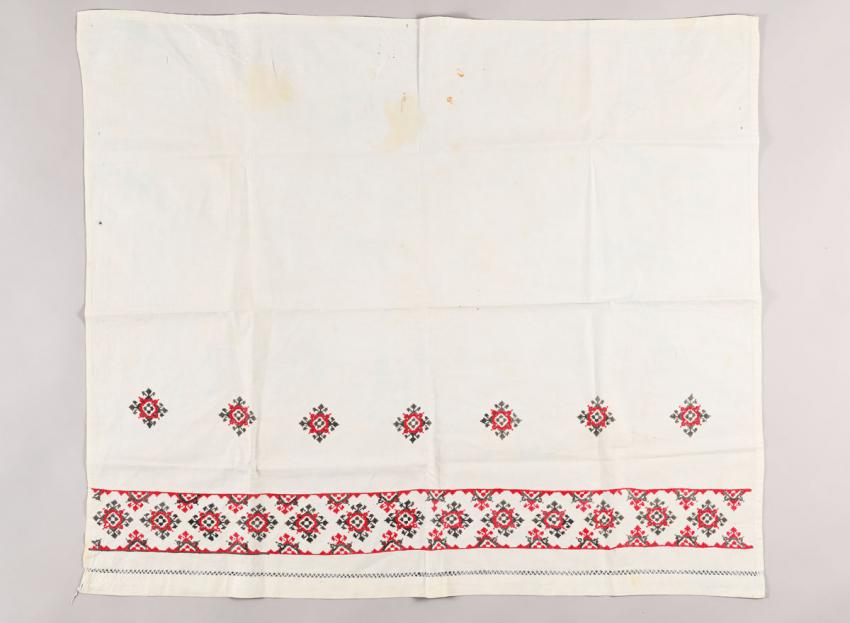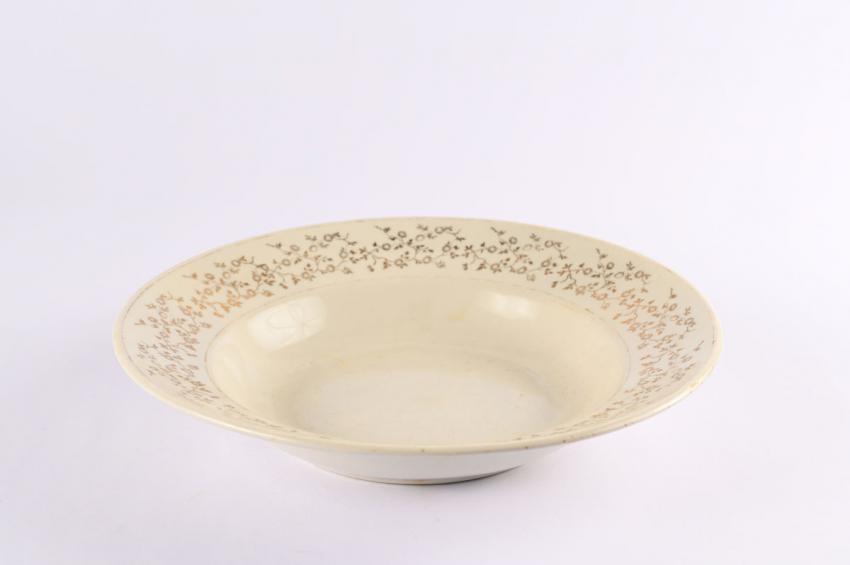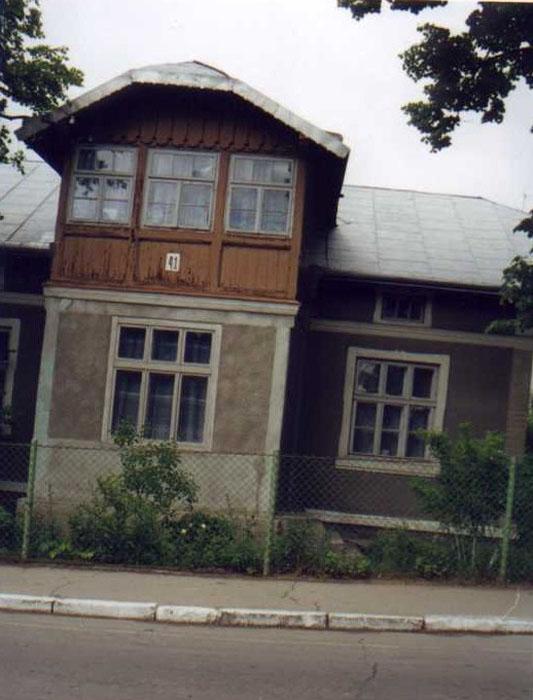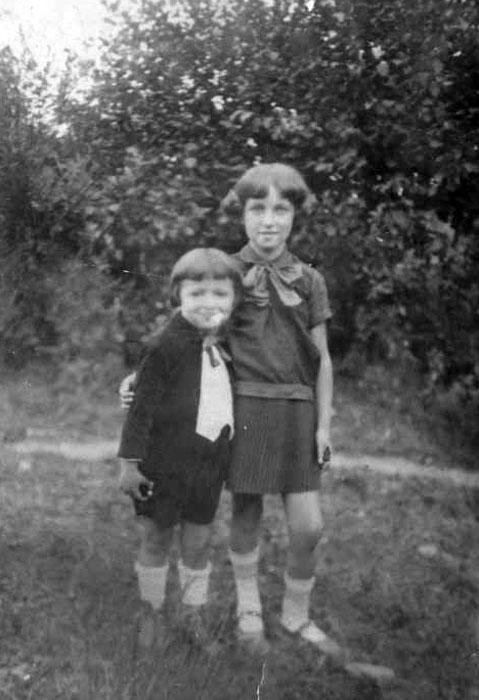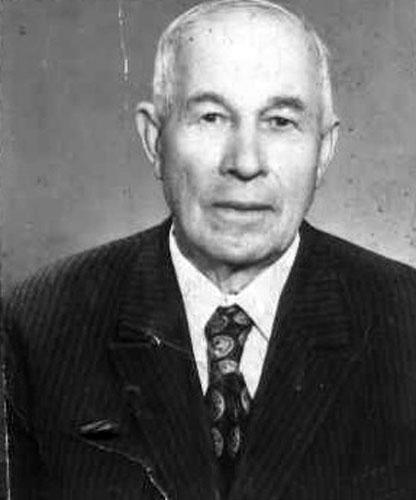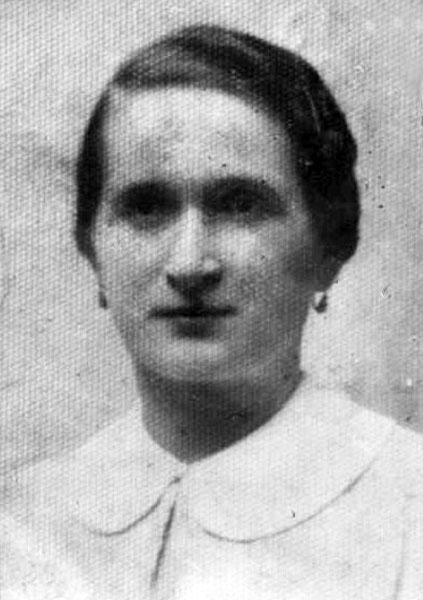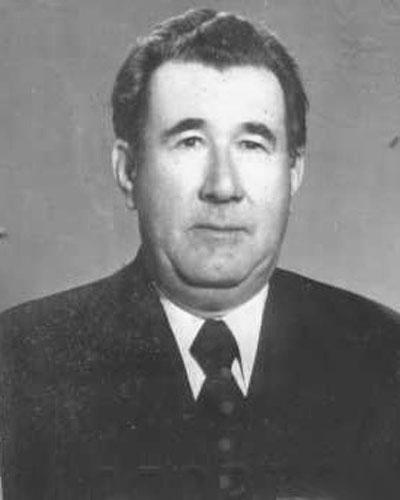Eighteen-year-old Dzyunya Vandner had just completed high school in Boryslav, where she was a classmate of Miroslav Shevchuk. When the Germans overran the city where she lived with her parents Moise and Regina and her brother Bronislav, she witnessed the murderous attacks on the Jews that were perpetrated by Germans and Ukrainians. Among the murdered was her brother Bronislav. Soon after, Dzyunya and her parents were forced into the ghetto with all the city's Jews.
When Miroslav Shevchuk realized that Dzyunya’s life was in danger, he decided to find her a safe place to hide. With the help of a friend who was dressed as a Ukrainian policeman, and the assistance of a Jewish ghetto guard, Dzyunya was smuggled out of the ghetto and brought to the Shevchuk home.
The Shevchuks fashioned a hiding place under the floor of the porch. The size of the space only allowed for her to lie flat. A chair was placed on the floor above the hiding place and when a visitor came to the house, Rozalia would sit and embroider. Only at night would Dzunya come out of hiding and stretch her limbs.
By the liberation in August 1944 by Soviet forces, after hiding in this fashion for almost two years Dzyunya had difficulty walking. A year later, she and Miroslav were married. During the entire 50 years of their marriage, they lived in the house in which the Shevchuk family had devoted itself to Dzyunya’s survival.
The tablecloth that Rozalia embroidered while sitting above Dzyunya's hiding place and the bowl that she used while she was hidden, were donated by Dzyunya to Yad Vashem as a testimony to the bravery of the Shevchuk family, who saved her life and became her family, and as a memorial to her own murdered family.
On October 23, 2000, Yad Vashem recognized Miroslav Shevchuk and his parents, Nikolay and Rozalia Shevchuk, as Righteous Among the Nations.
Yad Vashem Artifacts Collection
Courtesy of Dzunya (Vandner) Shevchuk, Boryslav, Ukraine
